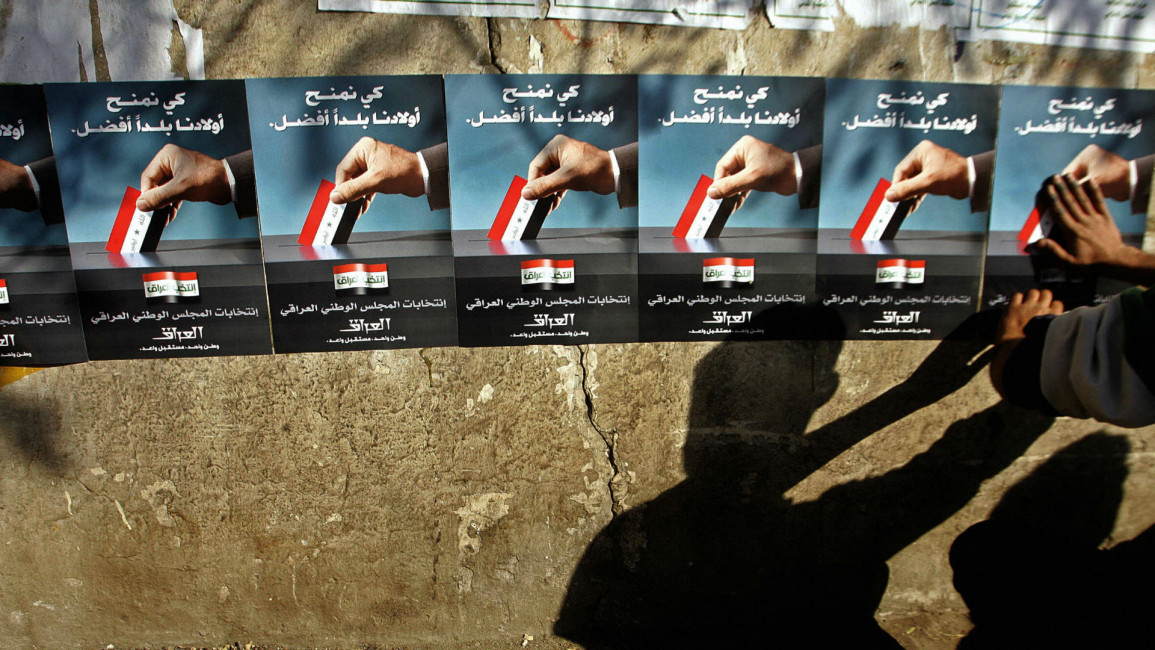UN envoy to Iraq says effort underway to prevent voter fraud
With the help of the United Nations, authorities in Iraq are taking measures to prevent voter fraud in national elections next month, the UN envoy to Iraq said Tuesday.
However, Jeanine Hennis-Plasschaert stressed that Iraqi political parties and candidates must abstain from intimidation, voter suppression and bribes to ensure the October federal elections are free and fair.
Speaking to reporters in Baghdad, Hennis-Plasschaert outlined efforts by Iraqi electoral authorities, with technical assistance from the UN, to close loopholes from the past that have undermined public trust in Iraq’s electoral process.
The 2018 elections saw a record low turnout with just 44% of eligible voters casting ballots. The results were widely contested.
Iraq has requested UN monitoring on election day — October 10 — and the UN is also helping Iraq's High Electoral Commission, the official body that oversees polls.
Hennis Plasschaert underlined that the running of next month's polls will be very different from 2018 due to new strict measures. An independent audit firm will keep tabs on how votes are counted, she said.
To prevent fraud, provisional results will be shown at polls throughout the country. In the past, these were announced once the ballots had been transported and counted at the commission's headquarters.
There will also be 130 international experts monitoring the polls, along with 600 support staff. To prevent abuse of electronic voter cards, they will be disabled for 72 hours after a person votes to avoid double voting, she said.
Next month's vote is being held a year in advance, in line with a promise made by Prime Minister Mustafa al-Kadhimi when he assumed office in 2020 to appease anti-government protesters.
Uncertainty emerged whether the polls would be held on time after influential Shiite cleric Moqtada al-Sadr said he would contest them. But he has since reversed that decision.
The elections are also being held under a new, reformed electoral law that divides Iraq into 83 constituencies, instead of just 18.
“Voters will vote for individuals, not just parties,” Hennis-Plasschaert said. “There is no place for any impropriety and that includes pressuring individuals to vote for specific candidates."
She offered examples of the pressuring — including the withholding of salaries, buying and selling votes and intimidation of voters through threats of violence and blackmail. In a first, mobile phones and cameras “will not be allowed inside voting booths," she said.
She also urged Iraqis, especially the disillusioned youth who make up 60% of the population, to vote and warned against boycotting the election.
“Boycotting elections will not solve anything. On the contrary, if you don't vote, you end up boosting those whose positions you may oppose," she said.



